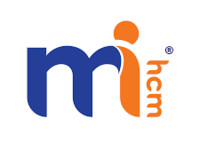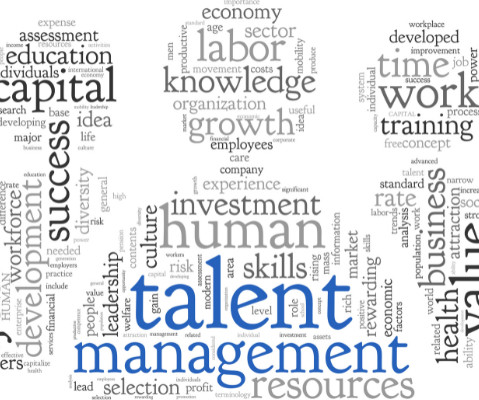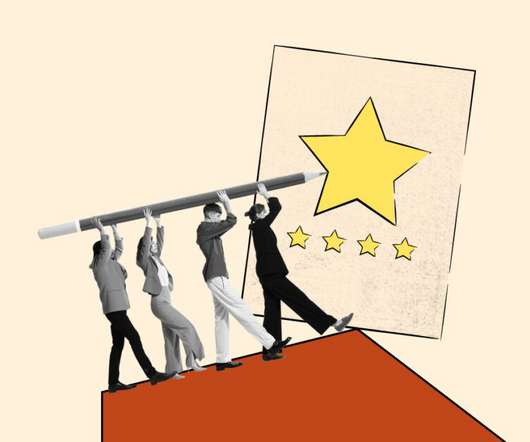The Art of Matchmaking Blog Series: Step 5 – Career Mapping and Succession planning
HR Management
NOVEMBER 27, 2018
The Art of Matchmaking Blog Series: Step 5 – Career Mapping and Succession planning. This long-term strategy; aligned with organizational goals seeks to optimize business processes, people development, and productivity. A career and succession plan are not an exclusive HR function.
















































Let's personalize your content